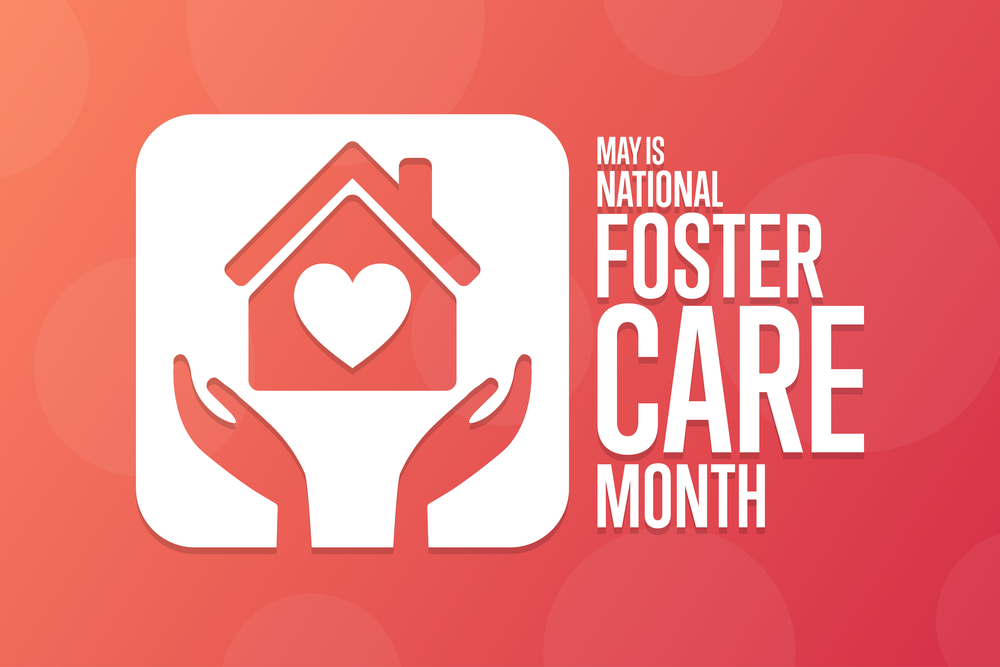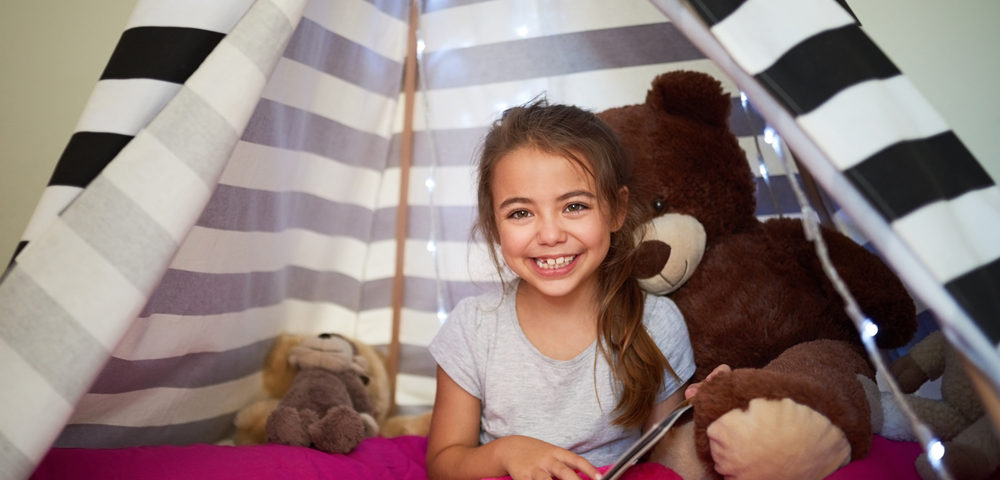
6 Fun Spring Break Activities For Foster Families
March 21, 2023
May Is Foster Care Month
May 1, 2023Little kids can have big emotions. And for children of all ages in foster care, big emotions can be a common occurrence. Emotional regulation, or self-regulation, is a valuable skill that comes in time, but along the way, foster parents can help teach how to recognize complex feelings and express them appropriately, through modeling proper behaviors, showing love and support, and providing opportunities to self-soothe.
Many foster children have experienced trauma, abuse, and neglect. Therefore, the ability to regulate their emotional state and reactions may be behind that of their peers and foster siblings. If not handled with compassion and empathy, this can lead to traits like anger, withdrawal, and anxiety. Understanding this is vital for foster parents, especially when emotions are spiraling out of control and you find yourself in the midst of an epic meltdown.
Parenting for Brain notes that, “Learning to self-regulate is a key milestone in child development – whose foundations are laid in the earliest years of life…” but “the capacity to self-regulate is not set in stone. All children can learn to manage their feelings, given an appropriate environment.” Don’t let big emotions snowball. Here are some clever ways to calm and comfort foster children when the need arises.
Calm-Down Corner
According to Parents, “A calm-down corner can not only diffuse tantrums in the making, but a soothing spot can also help children learn valuable skills for regulating his or her emotions.” Unlike a typical time out, a Calm-Down Corner “is an area where a child who is experiencing heightened emotions may go to engage their minds, calm their bodies, and release strong emotions in a safe and controlled manner.” For some children, this could be a quiet spot with books and soft blankets, or a fun fort with colorful art supplies and sensory activities. “The key is to find what helps your child feel calm and balanced again, in a space that’s removed from the chaos and noise of the rest of the house.”
Tried and True Techniques
Child Mind Institute states that parents can help children understand and acknowledge how emotions work by modeling proper behavior and appropriate reactions to difficult feelings. Children learn from what they see. When big emotions bubble to the surface, take a moment to stop and strategize how to respond. Put your feelings into words or rank your emotions on a scale of one to 10, and help your children do the same. Then, diffuse the situation and redirect your attention to finding a solution. This teaches kids to pause, notice how they are feeling and why, and to try to respond in a constructive manner. Validation is also important, because being heard and “feeling understood helps kids let go of powerful feelings.”
Mindfulness Matters
PBS Kids notes that “children look to you for guidance and comfort — so this is a great chance to show them that, even in times of unease, your family is in this together no matter what.” In addition, “Being kind, patient, and understanding to yourself in uncertain times helps create a calmer family environment and builds children’s sense of security.” Today’s Parent suggests practicing mindful breathing together, going for a nature walk, or coming up with a positive mantra to decrease anxiety and help with emotional regulation. Modeling healthy ways of coping and providing reassurance are essential, as well as teaching kids how to calm themselves in the moment, whether on their own or together.
If you live in the state of Illinois and want to become a foster parent, we invite you to visit our website for more information, or click on the following link to get started: https://family.binti.com/users/signup/camelot-il-initial.
Every child needs and deserves to grow up safe and protected from abuse and neglect, and caring foster parents offer children support and stability when they need it most. At Camelot Care Centers, we specialize in higher-level foster care for children and adolescents that need extra support. We partner with our foster parents/homes to provide trauma informed care and additional services, including in-home counseling, parent support and training, tele-psychiatry, and therapeutic mentoring, to maintain children at the least restrictive, yet most appropriate level of care. Camelot Care Centers (“Camelot”) is a Child Welfare Agency.




